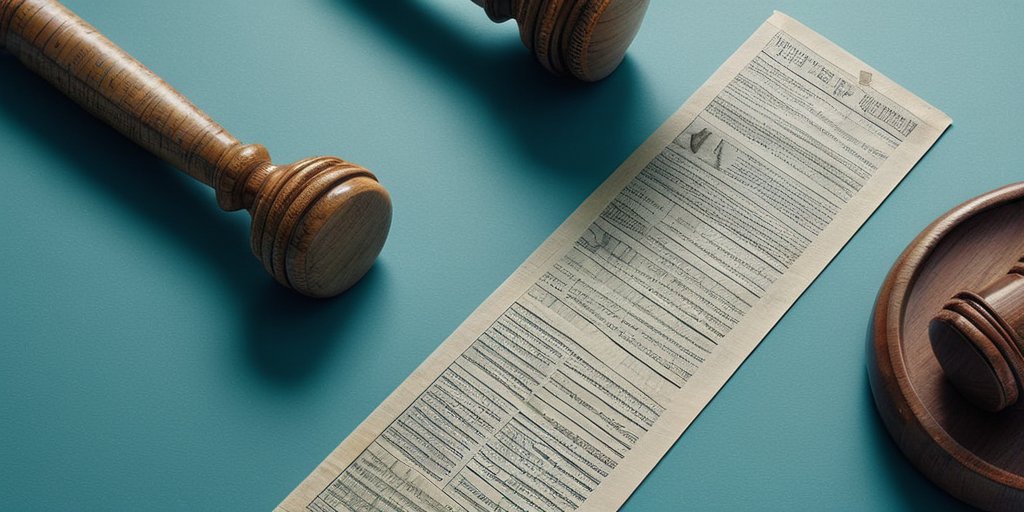In a chilling revelation, the Trump administration is stirring a constitutional crisis by asserting that it possesses boundless executive power. Recent claims from senior aides indicate a troubling dismissal of judicial authority, notably in context with immigration enforcement operations involving the deportation of Venezuelan gang members. Critics, including former judges and constitutional experts, argue that this conduct defies American democratic principles, potentially undermining the checks and balances foundational to U.S. governance.
The latest uproar stems from the administration’s peacetime invocation of the Alien Enemies Act of 1798, illustrating President Donald Trump’s alleged omnipotence as he utilizes wartime powers for domestic issues. In an unsettling interview, senior White House adviser Stephen Miller argued vehemently that the courts lack the jurisdiction to limit the president’s actions regarding immigration, asserting, “That is not something that a district court judge has any authority whatsoever to interfere with.”
These assertions coincide with Trump’s broader philosophy of executive power, leading voters to grapple with the implications of his expansive interpretation of authority. The dramatic contention becomes evident as the courts stand as one of the final bastions against the encroachment of Trump’s power, particularly poignant as he suppresses opposition within the Republican Party and thwarts Democratic influence across government branches.
To illuminate this constitutional struggle, Miller’s statements and those of Trump’s border czar Tom Homan reflect a concerning mentality, as Homan declared, “I don’t care what the judges think.” Such remarks signal a resolve to bypass judicial limitations, resonating with the frustrations of judges involved in cases challenging these administrations. Judge James Boasberg, overseeing deportation issues, has expressed disbelief at the administration’s dismissal of court orders, prompting critical scrutiny regarding the rule of law in America.
The implications of these actions are not just abstract legal quandaries; they pose significant questions about the nature of presidential authority and the fundamental rights of individuals. Trump, having previously declared, “I have an Article II, where I have to the right to do whatever I want as president,” exemplifies a mindset that seemingly dismisses constraints on presidential power.
As this political battle unfolds, it could redefine America’s legal landscape and the extent of executive authority. With the Trump administration viewing the constitutional separation of powers as an obstruction to its goals, experts warn that these perceptions could lead to a significant erosion of constitutional norms and American liberties.
This unfolding drama over deportation flights to El Salvador underscores a broader strategy by Trump’s administration to cement its claims to limitless presidential power, raising alarms about the erosion of judicial oversight and the fundamental principles of American democracy. The stakes are high, as this conflict will not only shape Trump’s current term but could have lasting ramifications for the future of governance and civil rights in the U.S.
